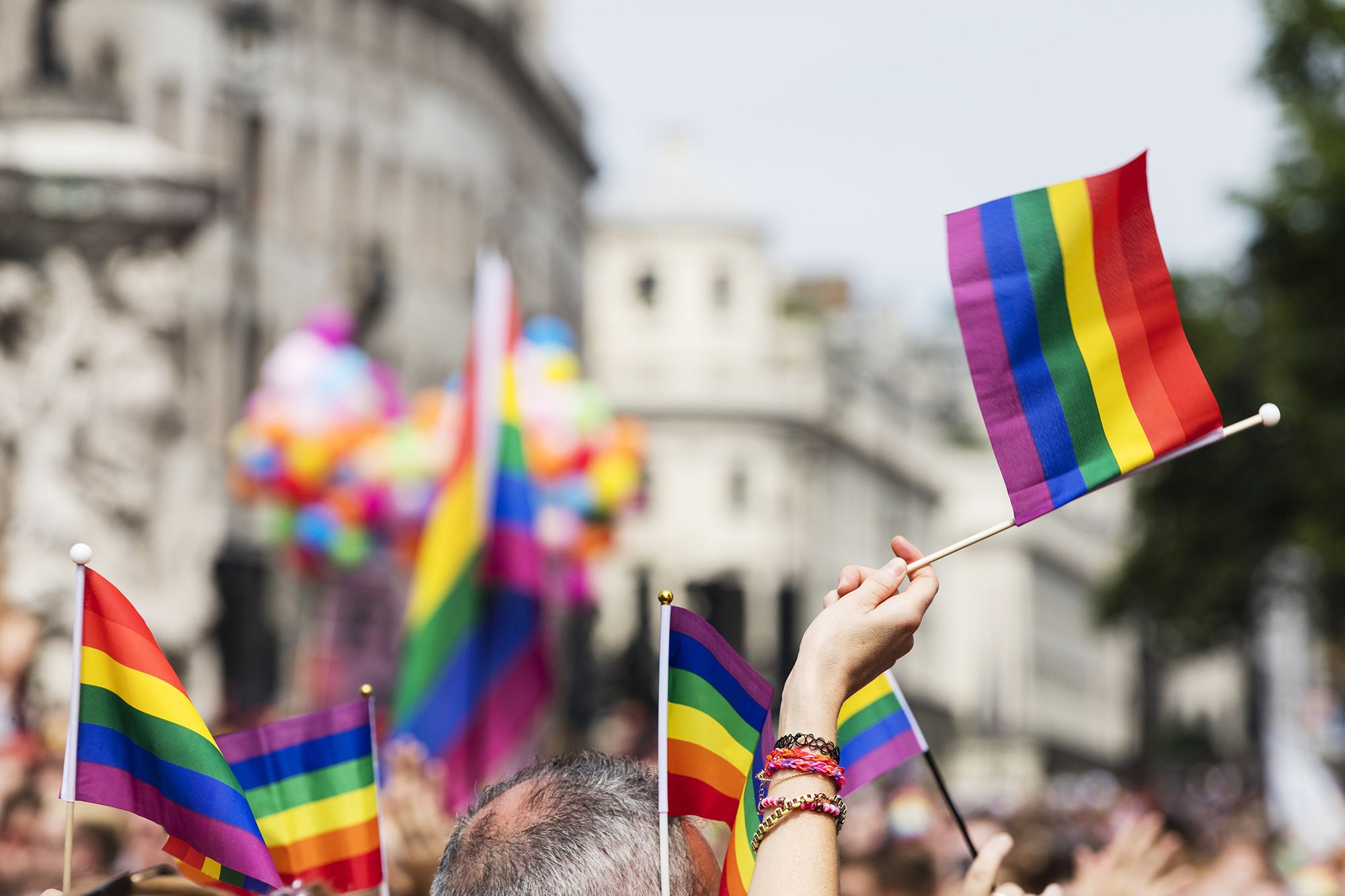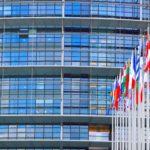More than half a century ago, people with irregular sexual orientation, or homosexuality, were classified by the American Psychiatric Association as part of mental illness. In 1973, social demonstrations funded by donors and activists in conjunction with political pressure yielded a national vote removing its official listing as a mental disorder.
In recent times, many researchers, physicians, and therapists still sit on the fence as to whether it is a mental illness in itself. As of the present time, there is no empirical evidence of biological or genetic causes for irregular sexual orientation. An Austrian catalyst who constructed a landmark clinical method of treating psychopathology through therapeutic means implicating the unconscious mind, once regarded irregular sexual orientation as a crime against nature.
Deviating from the biological origins of human sexual orientation is more prevalently associated with disturbances in the affective domain, suicidality, and antisociality-criminality, compared to heterosexuals, according to prior studies.
While some may depict this socially based issue as a ‘global crisis,’ all while sharing stigmatizing and dividing views of people with such beliefs, a number of countries have already drifted toward acceptance over the last two decades, a recent survey has found.
As part of a recent study, conducted by the nonpartisan think tank Pew Research Center, they found that many regions of the world have shown a steady increase in acceptance toward people with irregular sexual orientation, without addressing much the psychological complications implied by the scientific community.
“Many of the countries surveyed in 2002 and 2019 have seen a double-digit increase in acceptance of homosexuality. This includes a 21-point increase since 2002 in South Africa and a 19-point increase in South Korea over the same time period,” the findings state. “India also saw a 22-point increase since 2014, the first time the question was asked of a nationally representative sample there.”
In their survey, the Pew Research team determined that individuals from wealthier countries are more likely to express acceptance toward people with irregular sexual orientation, with the Netherlands, Sweden, Germany, Canada, and the United Kingdom considered to be the top contributors to this notion.
“In Sweden, the Netherlands and Germany, all of which have a per-capita gross domestic product over $50,000, acceptance of homosexuality is among the highest measured across the 34 countries surveyed. By contrast, in Nigeria, Kenya and Ukraine, where per-capita GDP is under $10,000, less than two-in-ten say that homosexuality should be accepted by society,” the Pew Research team found.
“These are among the major findings of a Pew Research Center survey conducted among 38,426 people in 34 countries from May 13 to Oct. 2, 2019. The study is a follow-up to a 2013 report that found many of the same patterns as seen today, although there has been an increase in acceptance of homosexuality across many of the countries surveyed in both years.”


